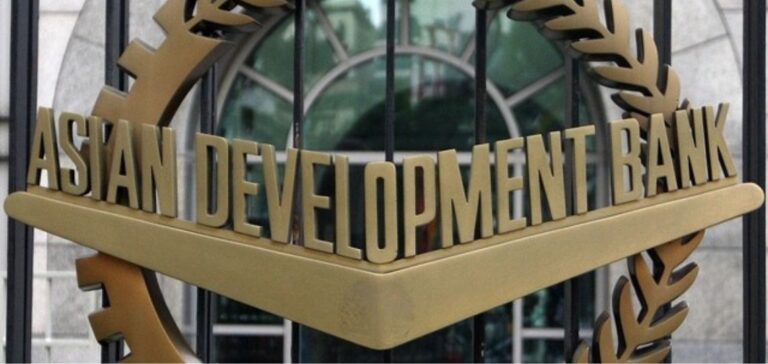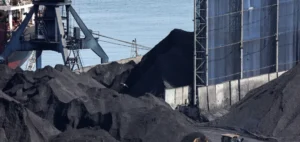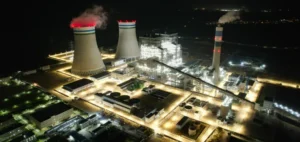A report co-authored by four NGOs, including Inclusive Development International, criticizes a $600 million loan from the ADB (Asian Development Bank) to Perusahaan Listrik Negara (PLN), an Indonesian state-owned electricity company. The loan, intended to support a ten-year plan to promote clean energy, does not specify the exclusion of financing new coal-fired infrastructure. According to the report, this plan includes several projects in the coal sector, including the expansion of the Suralaya power plant, one of the largest in Southeast Asia.
Loan agreement issues
The report highlights that the ADB loan agreement allows PLN to use the allocated funds for coal-fired power plants. Dustin Roasa, Research Director at Inclusive Development International, argues that this agreement lacks clear restrictions against coal financing, allowing PLN some latitude in the use of funds.
Environmental and health impacts
Pollution from the Suralaya power plant costs Indonesia a billion dollars a year, including avoidable deaths, work absences and medical costs, according to a study by the Center for Energy and Clean Air Research. This situation highlights the serious consequences of continuing to finance coal-fired infrastructure.
Calls to action
Daniel Willis of the NGO Recourse urges publicly-funded institutions such as ADB to impose strict exclusions on coal financing in their contracts to eliminate this type of financing once and for all. The report also criticizes the management of the loaned funds, stating that they were deposited in PLN’s general bank account, without adequate supervision that could have restricted their use.
As the ADB prepares to hold its annual meeting, the accusations levelled against it call into question its commitment to the energy transition and raise concerns about the effectiveness of international energy project financing policies.






















